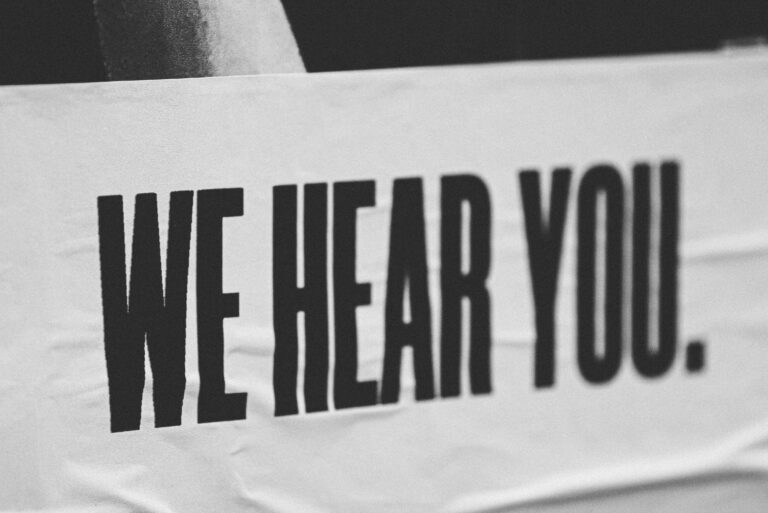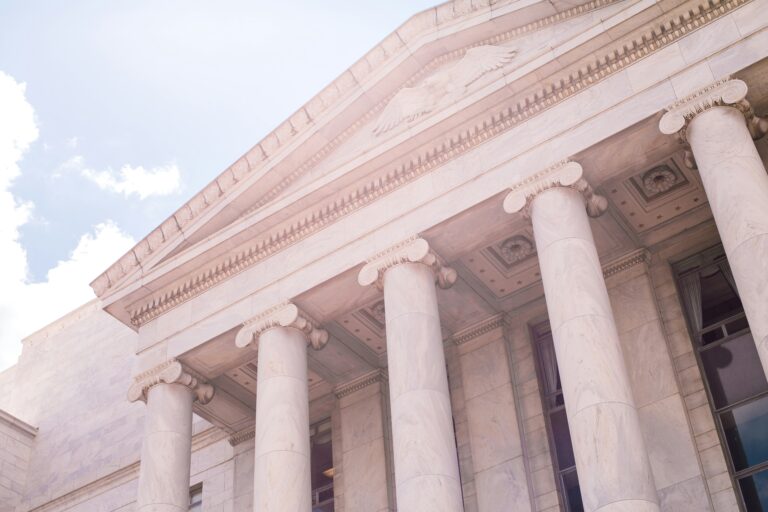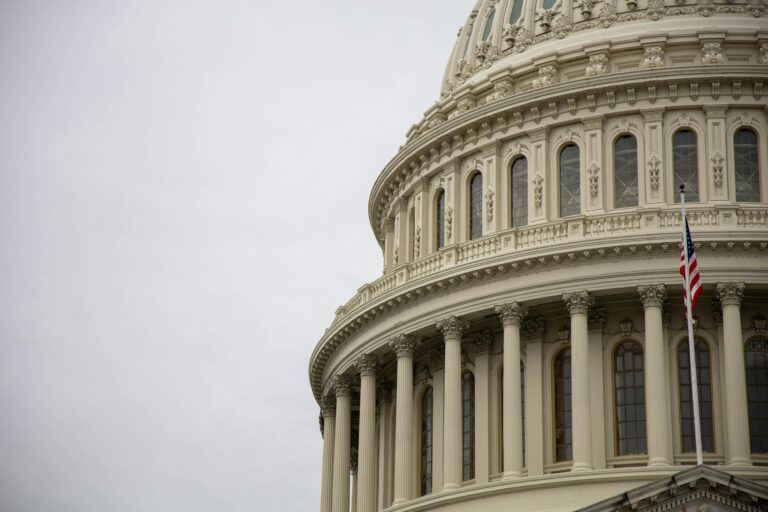
Freedom of speech is often heralded as one of the most essential pillars of democracy. It empowers citizens to express their opinions, engage in political debate, and challenge the status quo, making it fundamental to the health and vitality of any democratic system. Yet, while the right to free speech is celebrated as a hallmark of democratic freedom, it also presents challenges, particularly in balancing individual expression with other rights and the broader responsibilities that come with such freedoms.
In today’s digital age, where information can be shared instantaneously across global platforms, the debate over the limits of free speech has intensified. How should societies handle hate speech, disinformation, and speech that threatens public order or safety? This article explores the importance of free speech in a democracy, its benefits, and the ongoing struggle to balance it with competing rights and societal responsibilities.
The Foundation of Free Speech in a Democracy
At its core, freedom of speech is about enabling individuals to express their ideas, beliefs, and opinions without fear of government repression or societal retribution. This right is enshrined in various legal frameworks around the world, from the First Amendment of the United States Constitution to Article 19 of the Universal Declaration of Human Rights. The rationale behind protecting free speech is that a healthy democracy thrives on open dialogue, debate, and the free exchange of ideas. It enables citizens to hold their governments accountable, advocate for change, and make informed decisions at the ballot box.
The democratic ideal of free speech hinges on the belief that truth and progress emerge from the competition of ideas in the public sphere. By allowing all voices to be heard—regardless of how controversial or unpopular their views may be—society creates space for critical reflection, innovation, and, ultimately, social progress. A key argument in favor of unencumbered free speech is that no government or institution should have the power to censor or suppress ideas, as this could stifle dissent, entrench power structures, and undermine the democratic process.
The Benefits of Freedom of Speech
- Encourages Political Participation and Accountability: One of the most critical functions of free speech in a democracy is to enable political participation. In a system where citizens are free to criticize their leaders, they can hold those in power accountable for their actions. This scrutiny of government policies and practices helps prevent corruption and ensures that elected officials remain responsive to the needs and concerns of their constituents. The press, often considered the “fourth estate,” plays a crucial role in this by acting as a watchdog that exposes wrongdoing and informs the public about issues of governance.
- Fosters Social Change and Justice: Throughout history, free speech has been a powerful tool for marginalized groups seeking justice and equality. The civil rights movements, women’s suffrage campaigns, LGBTQ+ advocacy, and numerous other social justice causes have relied on the ability to speak freely and protest peacefully. These movements often start with individuals or small groups voicing unpopular or uncomfortable opinions that challenge dominant social norms. Without the right to free speech, these voices might never be heard, and societal progress would be significantly hindered.
- Promotes Intellectual and Cultural Growth: A society that allows for free speech is one where ideas can flourish. Open dialogue and debate foster intellectual diversity and encourage the development of new perspectives. This freedom of thought is essential in fields such as science, philosophy, and the arts, where challenging established knowledge is often the path to discovery and innovation. In cultural terms, free speech ensures that art, literature, and other forms of expression can reflect the full range of human experience, contributing to a richer, more diverse society.
The Challenges of Balancing Free Speech with Other Rights
While the benefits of free speech are clear, it is not an absolute right. In any democratic society, free speech must be balanced against other rights and responsibilities, and this balance can be difficult to achieve.
- Hate Speech and Discrimination: One of the most contentious issues in the debate over free speech is how to handle hate speech—expressions that incite violence or discrimination against individuals or groups based on characteristics such as race, religion, gender, or sexual orientation. Advocates of free speech argue that even offensive or harmful speech should be protected under the principle of individual liberty. However, others contend that hate speech undermines the dignity and safety of targeted groups and can lead to real-world violence and discrimination.
Many democratic countries have laws that seek to limit hate speech while still preserving freedom of expression. For example, Germany has strict hate speech laws, rooted in the country’s historical experience with Nazism, which ban Holocaust denial and the promotion of hate-based ideologies. In contrast, the United States places a much higher burden on limiting speech, even when it is deeply offensive, due to the strong protections of the First Amendment.
- Disinformation and Fake News: Another challenge is the rise of disinformation, particularly in the digital age, where false or misleading information can spread rapidly through social media and other online platforms. Disinformation campaigns have the potential to destabilize democracies by undermining trust in public institutions, spreading conspiracy theories, and influencing electoral outcomes.
While it is critical to protect the right of individuals to express dissenting or controversial views, there is also a growing recognition that unchecked disinformation can harm democratic societies. Some governments and organizations have responded by implementing fact-checking initiatives, regulating online content, or even passing laws to curb the spread of fake news. However, this raises difficult questions about who gets to decide what constitutes “false” information and whether such efforts could lead to censorship or the suppression of legitimate political dissent.
- Public Safety and National Security: In some instances, free speech can conflict with concerns for public safety and national security. For example, speech that incites violence, encourages terrorism, or poses a clear and present danger to others is typically restricted in most democracies. The famous legal standard of “shouting fire in a crowded theater” serves as a reminder that free speech, while vital, can have limits when it directly threatens the safety of individuals or society as a whole.
However, national security concerns can also be used as a pretext for government overreach. In times of crisis, governments may be tempted to curtail free speech in the name of public safety, leading to the suppression of political opposition or peaceful protest. Striking the right balance between protecting public safety and preserving democratic freedoms is a constant challenge, particularly in an age of global terrorism and rising authoritarianism.
Responsibilities that Accompany Free Speech
In any democratic society, freedom of speech comes with responsibilities. While individuals have the right to express their opinions, they also have a duty to do so in a manner that respects the rights and dignity of others. This principle is often referred to as “civil discourse”—the idea that citizens should engage in open, honest, and respectful dialogue, even when they disagree. In a democracy, the strength of free speech lies in its ability to facilitate constructive debate and compromise, rather than sow division and hatred.
Moreover, the responsibility for protecting free speech does not rest solely with governments or legal frameworks. Citizens, too, play a crucial role in maintaining a culture of free expression. This includes being vigilant against attempts to censor or silence dissenting voices, as well as being critical consumers of information. In an age of disinformation, individuals must take responsibility for verifying the accuracy of the information they share and consume, ensuring that their contributions to public discourse are informed and truthful.
Conclusion: Navigating the Tension Between Rights and Responsibilities
Freedom of speech is essential to the functioning of a democracy, serving as the foundation for political participation, social justice, and intellectual growth. However, the right to free expression must be carefully balanced with other rights and responsibilities to prevent harm, protect public safety, and maintain social cohesion.
As societies continue to grapple with issues such as hate speech, disinformation, and national security, the challenge will be to navigate the tension between protecting individual liberties and safeguarding the collective well-being. In a true democracy, freedom of speech should not only protect the right to speak but also promote a healthy, inclusive dialogue that advances the common good. As history has shown, achieving this balance is no easy task, but it is one that is essential for the survival and flourishing of democratic societies worldwide.




